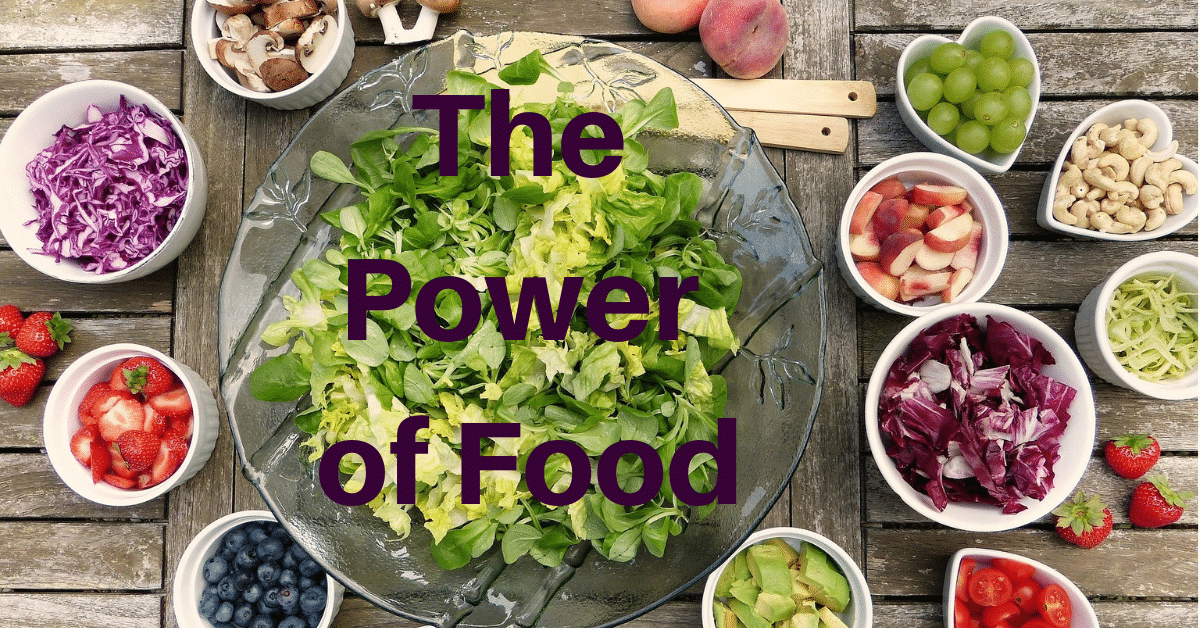Dr. Berkson speaks on new information about the power of food. The more fresh veggies you eat, the later you die. How you choose to eat affects how long and well you live. Everyone is looking for the holy grail to live longer, and it’s a combination of moving more, eating less, and consuming a smarter plant-based diet. Research out of the Imperial College of London shows that eating up to 10 portions of veggies and some fruit a day appears to prevent 7.8 million premature deaths worldwide. If you thought 5 veggies and fruits a day was a stretch, getting double that increases your healthier years on your lifespan. Berkson discusses how to achieve getting lots of healthy veggies easily and with plenty of flavor.
Fruit juice, frozen fruit, and canned fruit are linked to living less long and well. Berkson explains why. Both raw and cooked vegetables give similar benefits in relation to preventing earlier death from various causes, but fresh veggies and fruits had the highest protection compared to frozen, canned, or processed in other ways. Fruit and vegetables reduce cholesterol levels, normalize blood pressure, boost the health of our blood vessels and immune system, and protect against DNA damage that can lead to cancer and various diseases. Cruciferous veggies like broccoli, broccoli sprouts, kale, etc., are high in glucosinolates that activate enzymes that protect against cancer and growth out of control. Vegetables, along with moderate fresh fruit intake, also protect the bacteria inside our gut microbiome.
In terms of lifespan, up to 10 veggies and some fruit servings daily, protect more years well lived than anything else other than regular exercise (see Berkson’s Move More and Die Later podcast). Fresh vegetables had the strongest protective effect, with each daily portion reducing the overall risk of death by 16%. Salad contributed to a 13% risk reduction per portion, while each portion of fresh fruit was associated with a smaller but still significant 4% reduction. In contrast, fruit juice, canned fruit (worse in syrup), and frozen fruit had more links to dying sooner.
Food is gut-protective if you make wise choices. Monash University and the CSIRO are using specialized diets rich in “resistant starch” to prevent and treat gut disorders (leaky gut and inflamed gut wall) and illnesses like Type 1 Diabetes. Monash University was where the low FODMAP diet was first introduced. These researchers found — for the first time — that a diet high in “resistant starch” yields high amounts gut gut-healing short-chain fatty acids. When you consume foods high in resistant starch, your gut bugs ferment these foods and then produce short-chain fatty acids such as acetate and butyrate. These short-chain fatty acids heal your constantly turning over gut wall as well as boost immune function in the immune system that lives inside the gut wall. Short-chain fatty acids protect against type 1 or juvenile diabetes and even help once someone has this disease. A typical Western diet is insufficient in resistant starch as well as diverse veggies and fruits. Too few short-chain fatty acids are formed. Insufficient short-chain fatty acids starve gut wall cells and set the scene for diseases like autoimmunity.
Berkson discusses which foods are high in resistant starch and what temperature they must be consumed at to gain these benefits! Resistant starch also helps the body fight off pre-cancerous lesions. Small blue potatoes are cancer busters. They are shockingly high in both anthocyanins as well as resistant fat. So these mighty small spuds help fight cancer stem cells as well as boost gut immunity. Links to 2 easy, tasty recipes by Berkson that make it easy to get in 10 veggies in one meal at a time.

